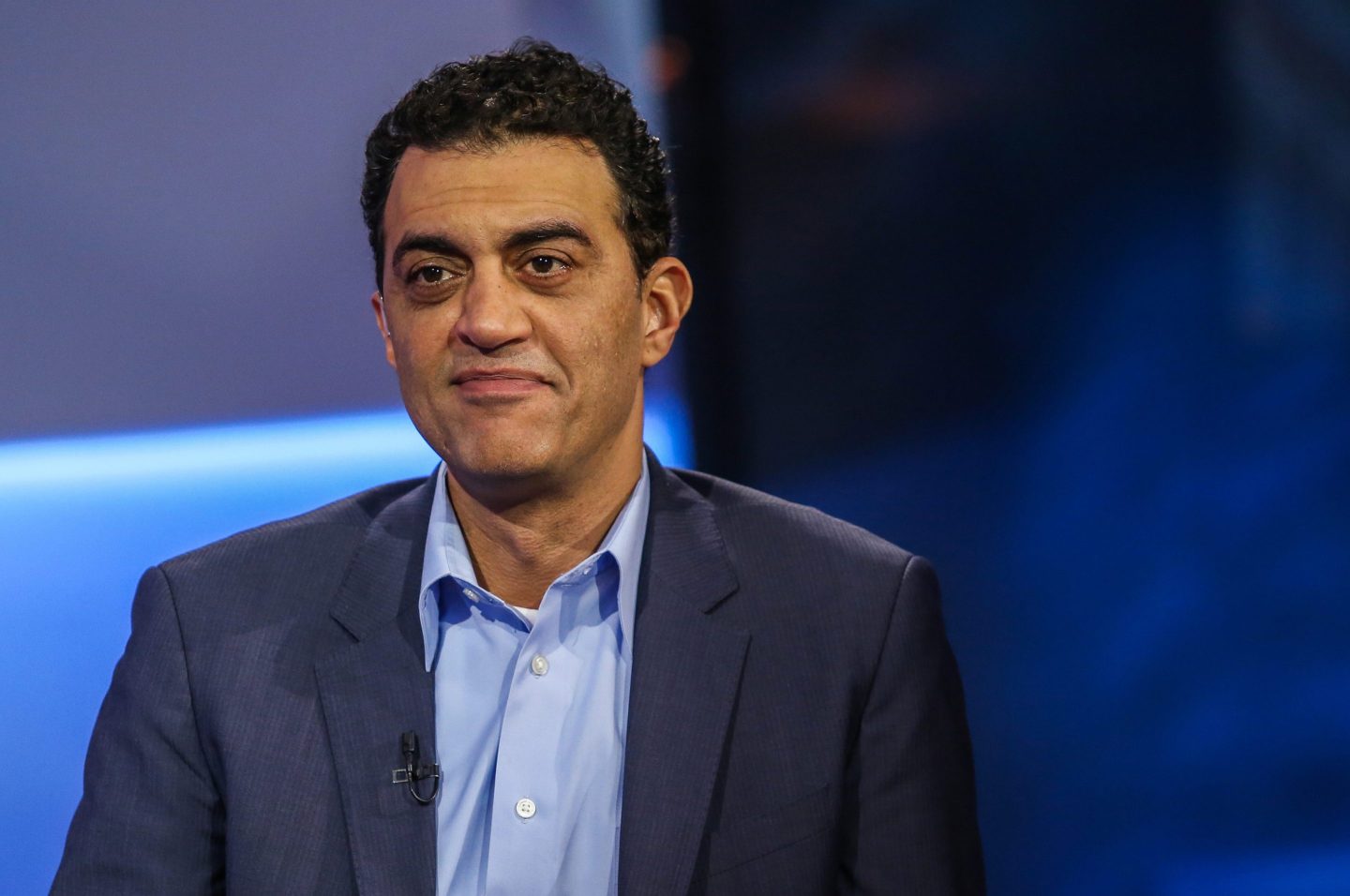The investment firm is pushing its ‘socially important casino’ line on shareholders at a very tricky time.
Could Goldman Sachs’ (GS) timing be any worse?
When the firm addresses shareholders at its annual meeting in New York Friday morning, many investors will surely be in the big bank’s corner. After all, Goldman stock has been a consistent winner since the firm’s initial public offering in 1999, and backers continue to see the firm as the smartest, most disciplined, savviest investment company around.

But even some of the faithful may find their stomachs turned by the events of the past month, which left Goldman and its Wall Street pals sporting not one but two black eyes.
First, and most famously, Goldman was sued by the Securities and Exchange Commission for allegedly ripping off some of its clients in the name of delivering a giftwrapped billion-dollar profit to a then obscure hedge fund manager named John Paulson. Soon enough it was reported that the SEC was probing other subprime deals on Wall Street and the Justice Department was making its own inquiries. Goldman and the SEC supposedly are talking but remain far apart.
But just as the Goldman news seemed to be fading next to the deepening crisis in Europe, comes Thursday’s nightmare on Wall Street: Computer-generated selling transforming a routine market selloff into a hair-raising plunge, replete with all sorts of nonsensical stock moves.
The Dow Jones Industrial Average dropped more than 600 points in a matter of minutes, and a look at the trading in individual stocks suggests something was amiss. Accenture (ACN), the consulting firm once associated with Tiger Woods, saw its shares trade for a penny each Thursday afternoon just moments after they fetched $41 and change. Sotheby’s (BID), not to be confused with Goldman backer Berkshire Hathaway (BRKA), fetched $100,000 at one point, up from $33.
It’s not that Goldman or any of the other Wall Street firms wanted trading to go haywire, of course. But the mayhem will do nothing to dispel the notion that the financial markets are out of control — at best a casino in which the house somehow manages to win more than its share, at worst a glorified game of economic Russian roulette.That idea will not be comforting to the individual investors who have mostly spent the past year on the sidelines, following the 2008 meltdown that was the second market crash in a decade. The sight of computer-generated trades sending the market into incoherent free fall “should keep good old Joe Retail out of the U.S. equity market for a little while longer,” Tim Backshall of Credit Derivatives Research wrote in a note to clients Thursday.
Sen. Ted Kaufman, the Delaware Democrat who is trying to break up big banks like Goldman in the name of financial stability, went a step further. He saw Thursday’s meltdown as yet another argument for ending the Wall Street as Wild West arrangement of the past decade, which has served the big banks and their backers well at the expense of everyone else.
“The potential for giant high-speed computers to generate false trades and create market chaos reared its head again today,” he said in a statement. “The battle of the algorithms – not understood by nor even remotely transparent to the Securities and Exchange Commission – simply must be carefully reviewed and placed within a meaningful regulatory framework soon.”
Goldman, for its part, says it supports measures like moving over-the-counter derivatives to centrally cleared platforms that eliminate the threat that one party’s default will set off a chain of dominoes.
But CEO Lloyd Blankfein, who came to the top spot via the firm’s trading desk, has also made it clear that he believes Goldman should be able to keep right on doing what it is doing. He and other execs see no problem with the firm deriving 80% of its revenue from trading, and he continues to serve as chairman and CEO at a time when Goldman’s governance is under fire and most of its rivals have separated the two posts.
Goldman even accepts the casino metaphor, as long as it’s able to add its own spin.
“You could call it a casino,” Blankfein said last week on Charlie Rose. “But if it is, it’s a very socially important casino.”
We’ll see Friday if shareholders still love Blankfein’s winning ways.











